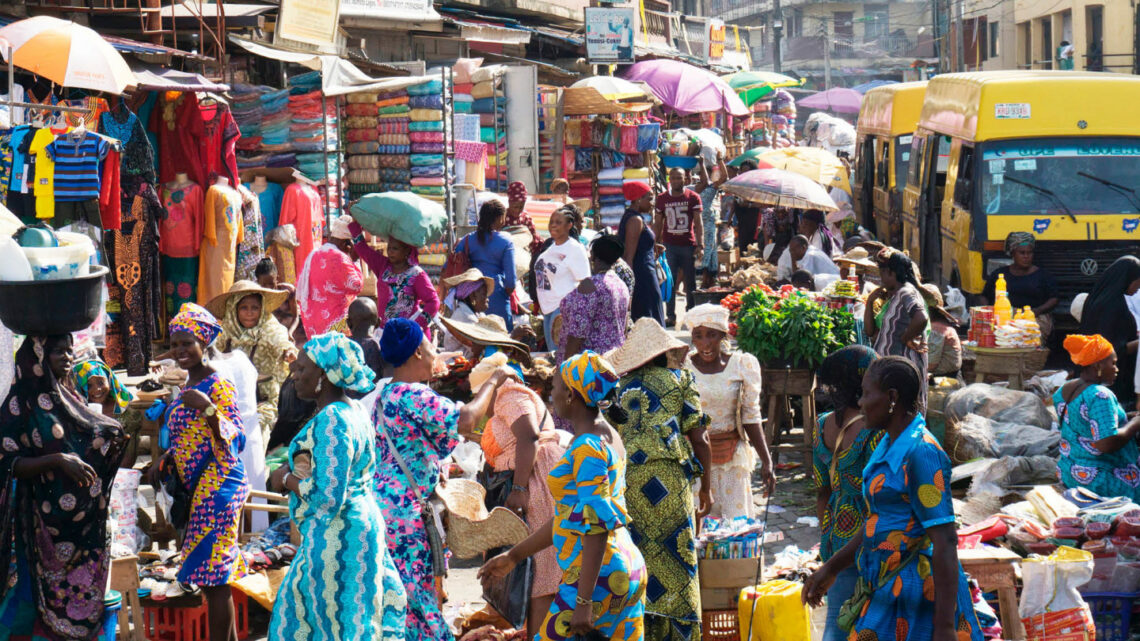Nigeria’s economic trajectory has remained vulnerable to shocks, largely because of overdependence on oil revenues and underinvestment in critical, high-potential sectors. As the government tries to battle inflation, unemployment, and foreign exchange instability, now is the time for a bold recalibration, one that prioritises sectors with both immediate and long-term growth potential. A strategic focus on key industries could help diversify the economy, improve public revenue, and deliver inclusive development.
Three sectors stand out as deserving urgent and sustained attention: agriculture, manufacturing, and the digital economy.
Despite employing over 35 per cent of Nigeria’s labour force, agriculture contributes less than 25 per cent to GDP and remains largely subsistence-based. With 70 million hectares of arable land and a growing food import bill exceeding $10 billion annually, agriculture is both an economic necessity and a missed opportunity.
To unlock its potential, Nigeria must shift from rain-fed, smallholder farming to mechanised, climate-smart agriculture. Investment in rural infrastructure, particularly irrigation, storage, and access roads are critical. Equally important is expanding agro-processing to reduce post-harvest losses and create value-added products for both local consumption and export.
A focus on agriculture not only tackles food insecurity but also directly addresses poverty and unemployment, especially among youth and women in rural communities.
Nigeria’s manufacturing sector contributes just under 10 per cent to GDP, far below its potential. Years of inadequate infrastructure, poor electricity supply, multiple taxation, and policy inconsistency have stifled growth. Yet, the sector remains one of the strongest levers for structural transformation and mass employment.
Revitalising manufacturing should include targeted tax incentives, better access to credit for small and medium industries, and the development of special industrial zones that provide reliable energy, logistics, and regulatory support.
Local production of goods, from pharmaceuticals and textiles to electronics and auto components must be encouraged to reduce import dependency, save foreign exchange, and build domestic capacity. A thriving manufacturing sector could transform Nigeria into a regional industrial hub within West Africa.
The ICT and digital services sector is one of the few bright spots in Nigeria’s economy, contributing over 17 per cent to GDP as of 2023. Fintech, e-commerce, digital education, and telemedicine are opening up new frontiers, especially for the youth.
With Africa’s largest internet-connected population and a vibrant tech startup ecosystem, Nigeria has a comparative advantage in digital innovation. However, the sector still faces challenges in broadband access, regulatory clarity, and investment capital.
Policies that expand digital infrastructure, reduce right-of-way charges, support digital literacy, and protect intellectual property can further accelerate the growth of this sector. Beyond boosting GDP, the digital economy fosters inclusion and helps Nigeria tap into the global knowledge economy.
Other sectors, such as mining, creative industries, and tourism also have promise, but without solid investments in agriculture, manufacturing, and ICT, Nigeria will continue to rely heavily on oil revenues in an increasingly green and digital global economy.
The time has come for strategic prioritization, not just in rhetoric but in budgetary allocation, policymaking, and institutional support. A future-proof Nigerian economy must be rooted in resilience, productivity, and innovation—driven by the sectors that matter most.
If Nigeria gets the priorities right, the rewards will not just be economic growth, but widespread prosperity.





